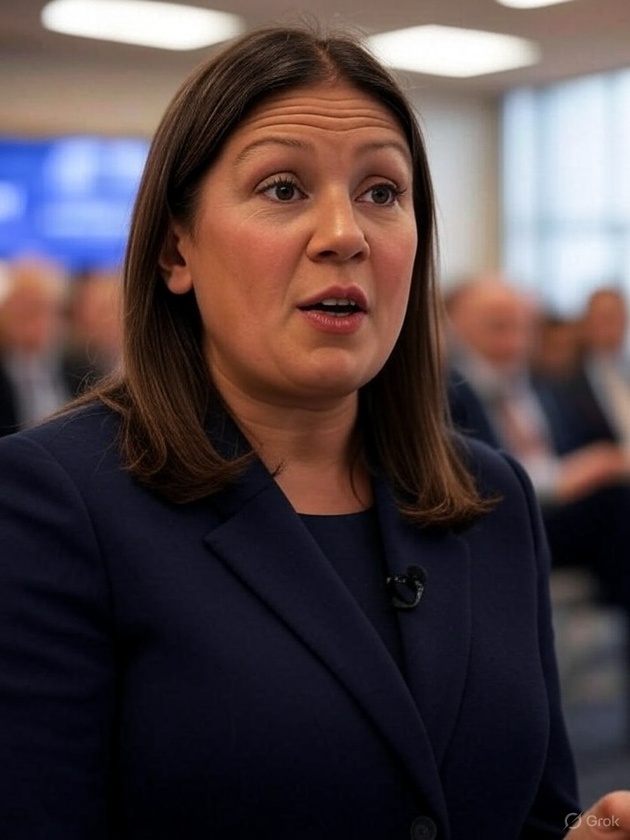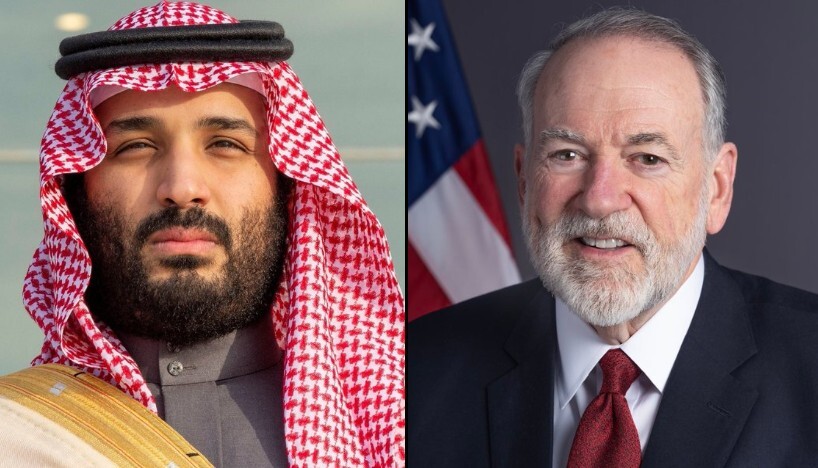The UK government, led by Culture Secretary Lisa Nandy, has threatened to introduce new legislation requiring YouTube to prominently feature public service broadcaster (PSB) content, such as that from the BBC, ITV, and Channel 4, on its platform, citing the need for fair commercial returns and the survival of public service media.
The dispute stems from a July 2025 report by media regulator Ofcom, which warned that PSB content is becoming an "endangered species" due to the dominance of platforms like YouTube, and urged the government to act to ensure this content remains discoverable.
This July 2025 report from Ofcom, the UK's media regulator, concluded that without action, the very existence of PSBs could be threatened, as their content becomes harder to find on dominant platforms.
Ofcom specifically recommended legislation to make UK-focused shows and news easier to discover on third-party platforms, with YouTube highlighted as a primary concern due to its market dominance.
Secretary Nandy emphasized that PSB content should be featured with fair commercial returns. She described PSBs as fighting with "one arm behind its back" against challenges like funding shortfalls and changing viewing habits.
Speaking at the Royal Television Society’s Cambridge Convention this week, the culture secretary did not name YouTube, but said that "Public service media content should be prominent on major video sharing platforms and on fair commercial returns. If we need to regulate, we will.”
She added: “Public service media is fighting to be seen and heard in an increasingly competitive market. It fights with one arm behind its back, staring down multiple challenges — funding shortfalls, changing viewing habits, and regulation that hasn’t kept pace with the media revolution of recent years.”
The far-left Labour member of parliament also praised the BBC: “It is a light on the hill for people here and across the world and the best defence against the tide of toxic populism, fear and division that sows distrust and costs us the ability to understand one another.”
In response, YouTube has called the government's threat of legislative intervention "premature," asserting it is committed to working constructively with broadcasters to ensure their content is accessible and successful on the platform.
YouTube argued that the focus should be on constructive partnership rather than regulation The company stated it is committed to working with PSBs to ensure users have access to high-quality, public interest content.
“Everything we do is guided by delivering value to our users and protecting the vibrant ecosystem that our creators and viewers make possible," a YouTube spoklesperson said. "This extends to our broadcast partners, where we are seeing that many have achieved remarkable success in reaching new audiences on YouTube.
“We are committed to working constructively to ensure users continue to have access to high-quality, public interest content. Discussions about regulation seem premature when there are so many more opportunities for closer partnership with PSBs to achieve our shared objectives.”
A well-placed BBC source indicated that YouTube is "leaning in" to talks with broadcasters, and conversations have been described as constructive, although no formal agreements have been reached.
YouTube's argument in these discussions is that simply promoting PSB content in recommendations may not significantly increase viewership, as users often skip over them to find the content they want. The platform also noted that many PSBs have already achieved remarkable success in reaching new audiences on YouTube.
The tension arises from YouTube's significant growth, particularly on television devices, which has led to it becoming a primary TV platform for many UK viewers. Recent Ofcom research found YouTube was the second most-watched service in the UK last year and has been regularly outranking the BBC in 2025. This shift in viewing habits has alarmed broadcasters who rely on public service broadcasting (PSB) mandates and funding, which are under pressure in the digital age.
The issue is further complicated by the fact that YouTube, as a global platform, operates under different commercial and regulatory models than traditional broadcasters. The situation has been a dominant topic at recent UK media conferences, with discussions about YouTube's role in the media ecosystem.
Critics however point out that viewers prefer to watch what, when and where they want to, and the general distrust of legacy media has pushed many towards social media content by their favorite creators.















